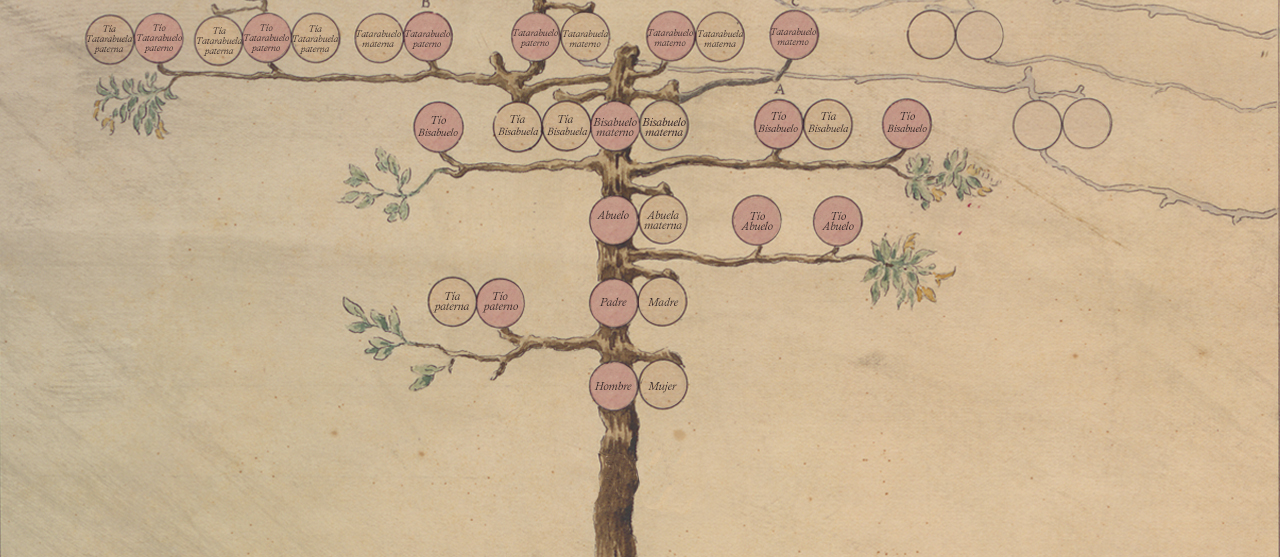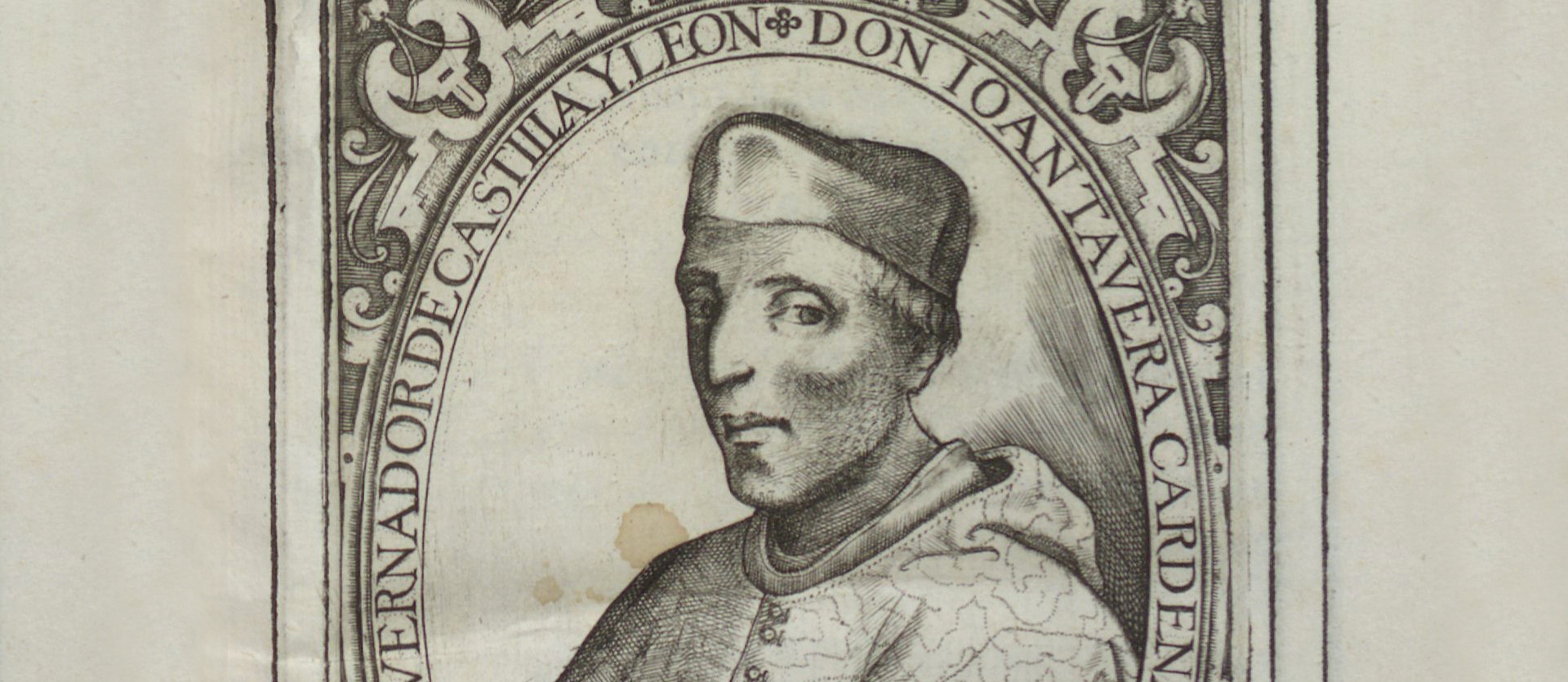Francisco de los Cobos y Molina
Francisco de los Cobos was the first of the great secretaries created by the Habsburgs to streamline the complex and bureaucratic government of the monarchy by means of councils. Perhaps it would be more accurate to call him Secretary of State, to distinguish his broad executive capacities from the subordinate functions of the large group of employees who, under the same name of secretaries, populated the Castilian administration. His career is also the most significant example of meteoric rise within the Castilian administration.
From a noble family, but with little fortune, he was born in Úbeda around 1477 and entered the Castilian administration through his uncle-in-law, Diego Vela, accountant to the Catholic Queen, reaching his first appointment in 1503, as scribe of the Chamber. He soon won the favour of influential courtiers and accumulated numerous offices, becoming the right-hand man of Lope Conchillos, King Ferdinand's favourite adviser. When King Ferdinand died in early 1516, he had to decide between remaining in the service of the regent, Cardinal Cisneros, or going to Flanders to win the favour of the new king, the future emperor Charles V. He did the latter and, despite the fact that he had to leave the country in order to gain the favour of the new king, the future emperor Charles V, he did the latter. He did the latter and, despite the limitation of not speaking the language of the Flemish court, French, he won the favour of Guillaume de Croy, Grand Chamberlain and tutor to the young King Charles. Before the end of 1516 he was appointed royal secretary, tripling his previous salary. From then on, favours followed one after the other and he inherited from Lope Conchillos the post of secretary of the Indies, which was to be a source of extraordinary wealth.
His knowledge of Castilian finance and administration made him indispensable, so that by the death of Guillaume de Croy in 1521 he was already the emperor's right-hand man for all Spanish affairs, as evidenced by his entry into the Royal Council in 1522. That same year he married Doña María de Mendoza y Sarmiento, daughter of the Counts of Ribadavia, and short-lived Countess of Rivadavia at the end of her life. She brought social rank, he brought fortune and political influence.
With the fall from grace and subsequent death of Mercurio Gatinara, he reached the zenith of his political career, being appointed councillor of state in 1530 and taking charge of imperial affairs, especially relations with the Pope and the Italian states. From then on and for the next eight years, he accompanied the emperor on all his journeys, the first of which was a trip to Italy in 1530 for the imperial coronation of Charles V in Bologna at the hands of the sovereign pontiff.
It was also in this decade of the 1530s that he reached the zenith of his social ascent. He was appointed Commander Major of León of the Order of Santiago, of which he had been a knight since 1519, the highest social distinction he could expect from the Emperor given his relatively modest origins. He also obtained the Adelantamiento de Cazorla by agreement with the archbishop of Toledo, Cardinal Tavera, and between 1537 and 1539 he succeeded in forming an important seignorial estate in the kingdom of Jaén by acquiring from the Crown the manors of Sabiote, Torres and Canena, all of them neighbouring towns of his native city. This new social position is reflected in the marriages of his two sons. In 1538 he married his daughter Maria to the Duke of Sessa, Gonzalo Fernández de Córdoba, and in 1543 his son Diego to the heiress of important estates in Aragon, including Camarasa, which the emperor elevated to a marquisate as a wedding gift.
The trust achieved during three decades in the Emperor's service is attested to by these words that Charles V wrote in his instructions to his son Philip in 1543: "...the Emperor's trust in his son Philip in 1543 is attested to by the following words: "...".because you see the confidence I have in Covos and the experience he has of my business, he is more informed and has more knowledge than anyone else, so in them and in the things that you think you should take his information and advice, you should take it."
During the thirty years that he served Charles Caesar, Francisco de los Cobos was also able to weave a network of patronage, incomparable in terms of wealth and power with the local dimension of the lineage into which he was born, giving the paternal and maternal lineage of Cobos y Molina a social projection that went far beyond the local sphere and which transcended the reign of Emperor Charles and continued into the reign of Philip II.


